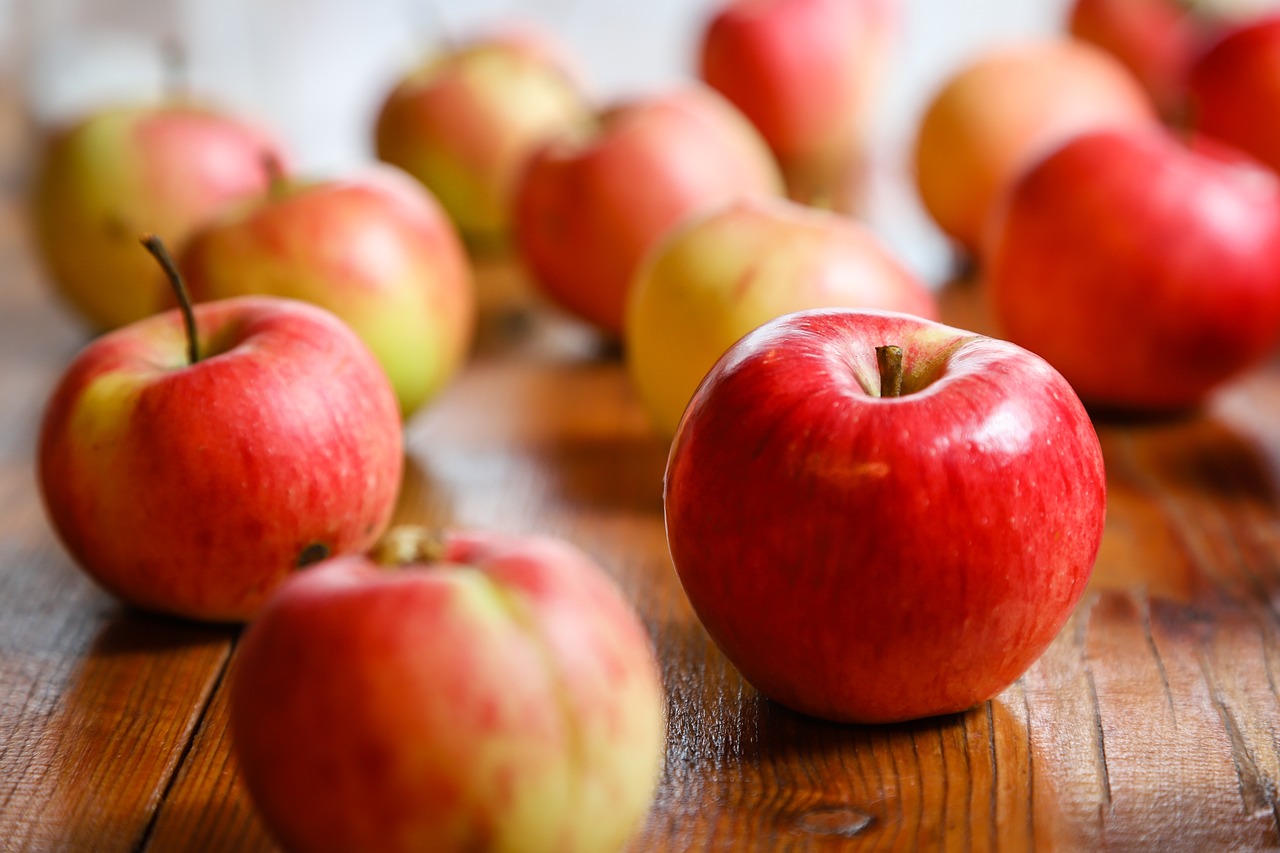“`html
In today’s competitive sports landscape, athletes are increasingly recognizing the vital role that nutrition plays in enhancing performance and recovery. No longer is it sufficient to merely train hard; understanding the intricacies of sports nutrition can provide a significant edge. From fueling your body with the right macronutrients to optimizing hydration strategies, a well-rounded approach to nutrition is imperative for athletes at all levels. In this blog post, we’ll delve into the world of sports nutrition and provide actionable insights to help you elevate your game.
The Basics of Sports Nutrition
Understanding the fundamentals of sports nutrition is crucial for athletes who want to fuel their performance effectively.
Macronutrients Breakdown
- Carbohydrates: The primary energy source for athletes. Aim for 45-65% of your total caloric intake.
- Proteins: Essential for muscle repair and growth. An intake of 1.2-2.0 grams per kilogram of body weight is recommended.
- Fats: Important for long-term energy, especially in endurance sports. Include healthy fats like avocados, nuts, and olive oil.
Micronutrients and Their Importance
Vitamins and minerals play a crucial role in energy production and muscle contraction. Key micronutrients for athletes include:
- Iron: Essential for oxygen transport. Include sources like lean meats, beans, and spinach.
- Calcium: Important for bone health. Found in dairy products and fortified plant-based milks.
- Vitamin D: Supports calcium absorption and muscle function. Get it from sunlight exposure or supplements.
Hydration Strategies for Optimal Performance
Maintaining proper hydration is critical for athletic performance. Dehydration can lead to decreased coordination, stamina, and overall performance.
Hydration Guidelines
- Pre-Workout: Consume 16-20 ounces of water 2-3 hours before exercise.
- During Workout: Aim for 7-10 ounces every 10-20 minutes of exercise.
- Post-Workout: Replace lost fluids with 16-24 ounces of water for every pound lost during exercise.
Signs of Dehydration
- Thirst
- Dark-colored urine
- Dizziness or lightheadedness
Pre- and Post-Workout Nutrition
Timing your meals appropriately can enhance your energy levels and recovery process.
Pre-Workout Nutrition
Your pre-workout meal should focus on providing energy:
- Timing: Eat a balanced meal 2-3 hours prior, or a lighter snack 30-60 minutes before.
- Meal Ideas: Whole-grain toast with peanut butter, a banana with yogurt, or oatmeal with fruit.
Post-Workout Nutrition
Post-exercise nutrition is vital to restore glycogen stores and repair muscles:
- Timing: Aim to eat within 30-60 minutes after your workout.
- Meal Ideas: A protein shake with a banana, chicken with quinoa, or a smoothie with spinach and protein powder.
Supplements in Sports Nutrition
While whole foods should be the foundation of your diet, supplements can offer practical benefits for athletes.
Common Supplements
- Protein Powders: Convenient way to increase protein intake post-workout.
- Creatine: Helps in high-intensity workouts and muscle recovery.
- Branched-Chain Amino Acids (BCAAs): May reduce muscle soreness and improve recovery.
Before Trying Supplements
Always consult with a healthcare professional before adding supplements to your routine, as individual needs may vary.
Practical Tips for Long-Term Success
Adopting a healthy nutritional strategy doesn’t happen overnight. Here are some tips to make lasting changes:
Set Realistic Goals
- Define specific, measurable, achievable, relevant, and time-bound (SMART) nutrition goals.
- Track your progress using a nutrition journal or app.
Create Balanced Meals
Focus on composing meals with appropriate macronutrient distribution:
- Half of your plate should be filled with vegetables or fruits.
- Include a source of lean protein and whole grains.
Conclusion
Sports nutrition is a critical pillar for athletes looking to enhance performance and recovery. By understanding the roles of macronutrients and micronutrients, maintaining optimal hydration, timing your meals effectively, and considering supplements judiciously, athletes can significantly improve their training outcomes. Embrace the principles of sports nutrition, set realistic goals, and make informed choices to transform your athletic performance. Remember, consistency is the key to success, and with the right nutrition plan, you can elevate your game to the next level.
“`



